Search

News & Events
Infant simulators fail to reduce teen pregnancyA The Kids Research Institute Australia study has found a popular education programme where teenagers care for a "robot" baby fails to reduce teen pregnancy, and could in fac
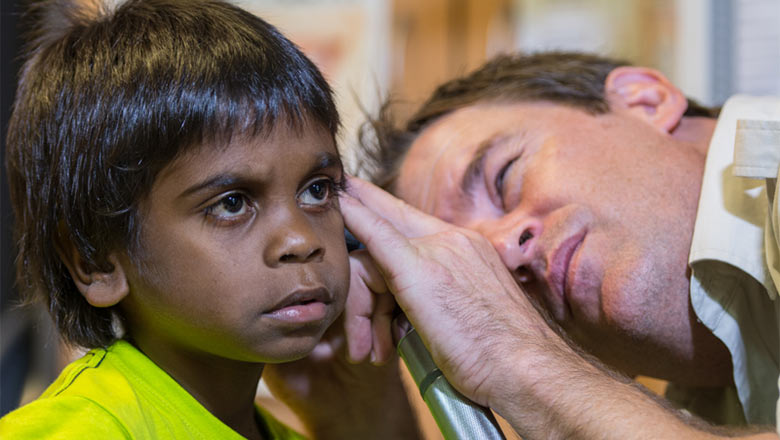
News & Events
National FASD diagnostic tool to improve outcomes for kidsAustralia's first national diagnostic tool for Fetal Alcohol Spectrum Disorder (FASD) has been developed by researchers at The Kids Research Institute Australia and the U
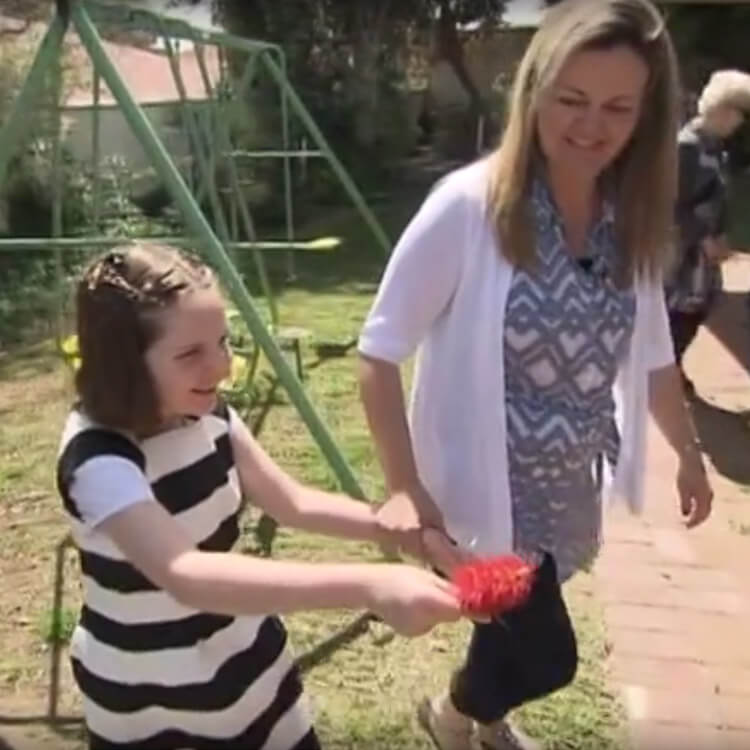
News & Events
Perth researchers unlocking mystery of rare seizure diseaseResearchers at The Kids Research Institute Australia are one step closer to finding better treatments for a rare disease causing children to have multiple seizures a day.

News & Events
Annual Community Lecture: You Are What You BreatheJoin us for our Annual Community Lecture entitled "You Are What You Breathe" with Professor Stephen Holgate.
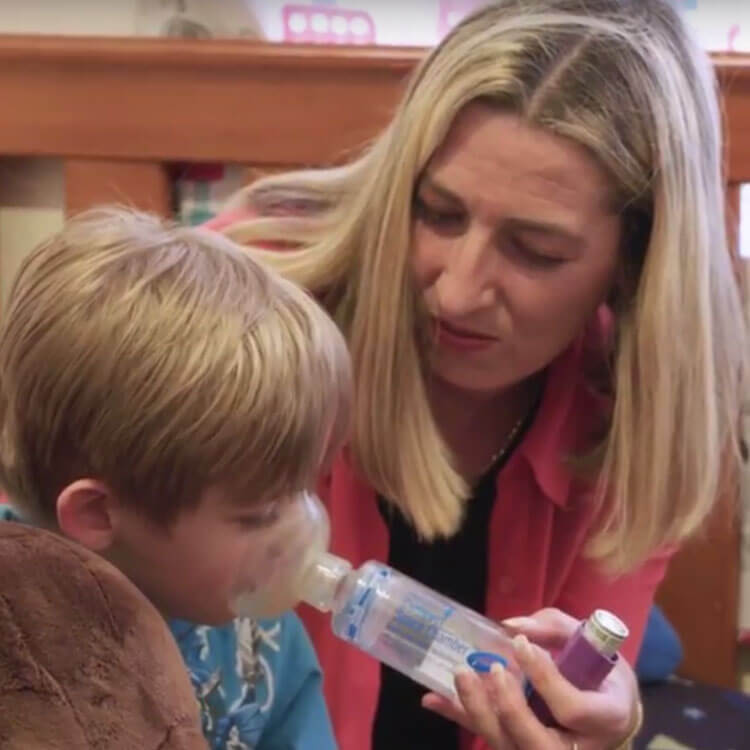
News & Events
Video: The burden of asthma - Michelle's storyMichelle has spent countless nights watching her son struggle to breathe. Our researchers are working to find better treatments for kids living with asthma.
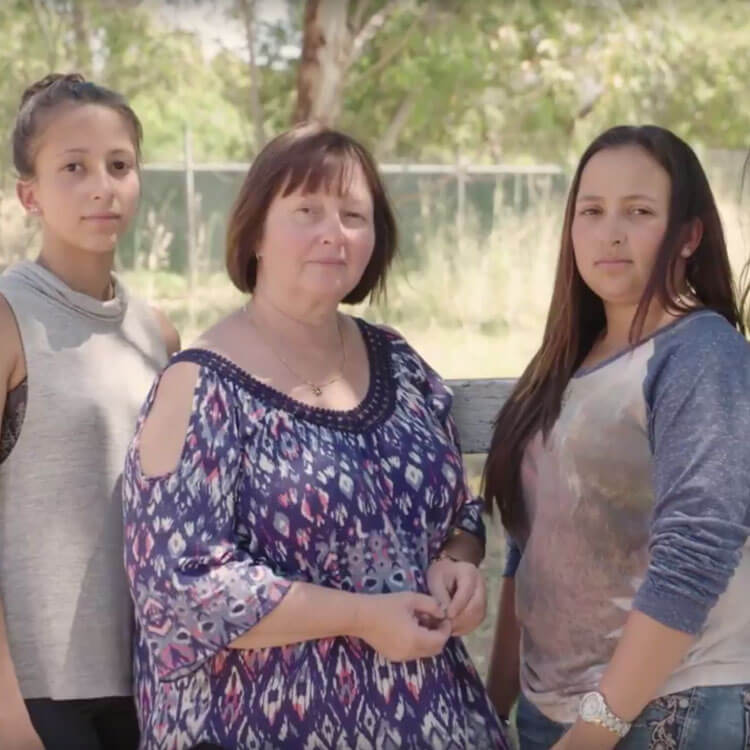
News & Events
Video: The burden of asthma - Karen's storyThe Kids Research Institute Australia researchers are at the forefront of asthma research globally. Watch Karen's story to learn why it's so important.
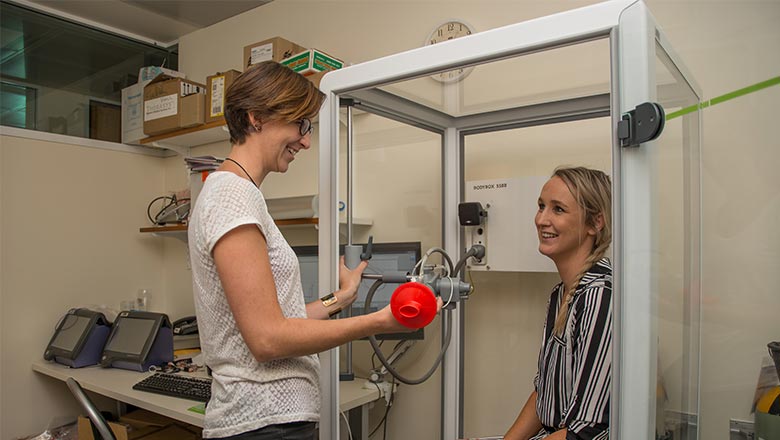
News & Events
Researchers urge caution in how asthma test is usedResearchers are urging caution in the use of a widely accepted test for diagnosing asthma, after their study found it may not be accurate in some settings.
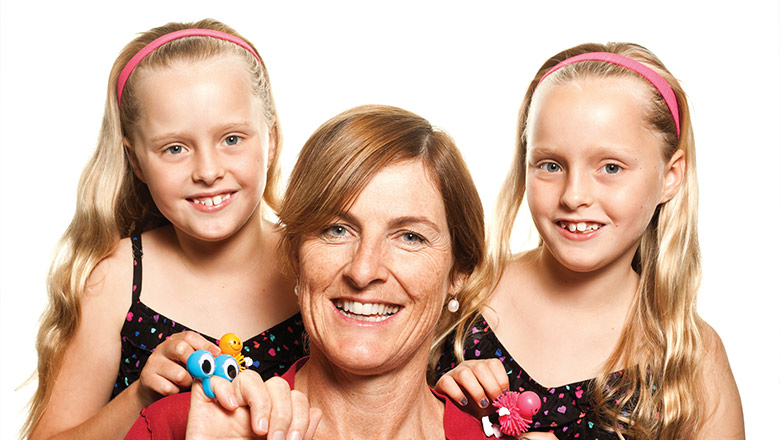
News & Events
Looking at languageHearing your child’s first word is a precious moment for any parent but while most children begin to talk within 12 to 24 months of age, some take much longer.

News & Events
New test for FASDEarly intervention in child development problems caused by alcohol use in pregnancy has been made possible by The Kids Research Institute Australia’s work
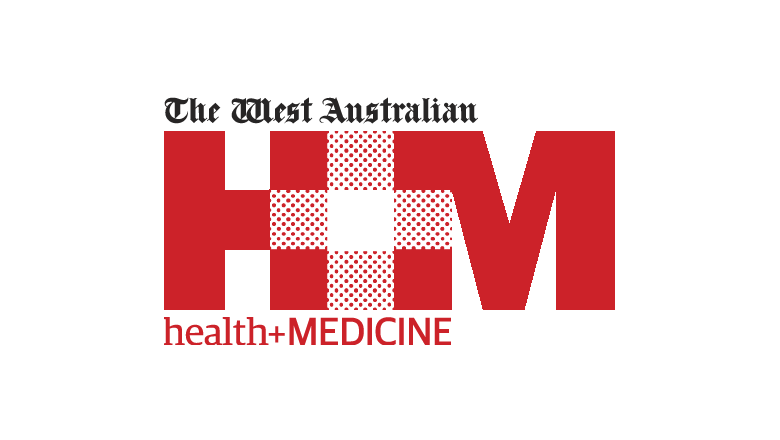
News & Events
Health+Medicine special featureThe Kids Research Institute Australia is featured in a special 25 year anniversary edition of The West Australian's Health+Medicine.
